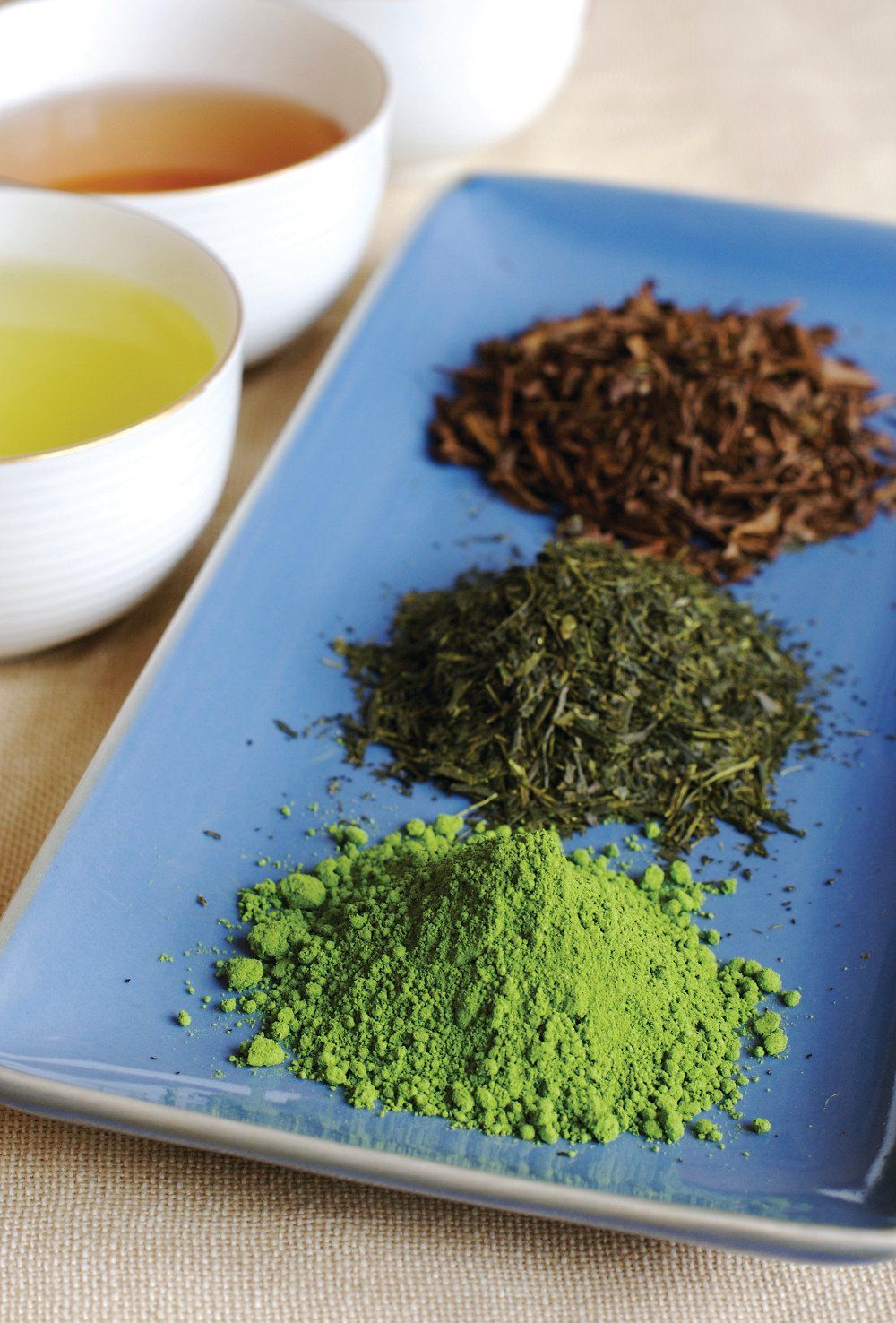Green Tea Pills Outperform Green Tea Drink?
LabDoor reports on green tea findings.
Photo © iStockphoto.com/amber_b

Consuming green tea dietary supplements likely delivers higher levels of health-promoting compounds compared to drinking green tea in beverage form, according to a new article by online review site LabDoor.com. The independent company reviews and tests various dietary supplement products on the market.
Both green tea pills and green tea beverages deliver green tea’s active ingredients-primarily caffeine, flavonols, and polyphenols (catechins) such as epigallocatechin gallate (EGCG). But these are often more concentrated in green tea supplements, which use organic solvents to obtain these constituents from tea leaf.
“According to research observations, compared to boiling water, tea polyphenols are much more soluble in organic solvents-usually a mixture of ethanol and water-so more polyphenols are obtained per gram of dry tea,” LabDoor author Benita Lee wrote. Lee pointed out that green tea supplements may also be standardized to contain a consistent level of polyphenols.
By contrast, brewing green tea “is not a consistent activity for obvious reasons,” she wrote. “Water temperature, time of steeping, amount of tea leaves, and brand of tea leaves all affect tea’s final flavor and thus the quantities of compounds present in the tea itself.”
Lee pointed to a 2002 UK study that found variability in green tea polyphenol content (when tea was steeped for 5 minutes) based on brewing teas purchased off the shelf. Content ranged anywhere from 87–106 mg of polyphenols, including 52–84 mg in catechin content. The researchers estimated that on average, three 200-ml cups of brewed green tea deliver 405 mg of catechins.
By contrast, she noted, LabDoor recently tested 25 green tea dietary supplements and found that catechin levels are often higher in dietary supplements, ranging from 28–485 mg per serving-“perhaps comparable to the quantity you could obtain from a day’s worth of green tea.” She also pointed to a 2004 study showing that flavonol absorption was higher when subjects took green tea in supplement form versus consuming green tea as a beverage.
Still, she noted, LabDoor’s testing also found that green tea supplements can be sold in forms that make it difficult to ascertain the level of polyphenols they contain, including being “unstandardized, in proprietary undetailed blends, or as simply as ground tea leaves that have been placed in a capsule.” What’s more, she said, LabDoor testing of 25 green tea supplements found that label claims for green tea supplements are often “inaccurate” and that “almost all of the products with labeled primary catechin amounts measured less catechin content than claimed.”
Lee's conclusion: “Based on research findings alone, catechins in green tea supplements seem to have the same (if not higher) efficacy compared to catechins in brewed green tea.”
Also read:
Green Tea, Black Tea, and Tea Extracts: Science and Safety
Meta-Analysis Supports Green Tea for Lowering Cholesterol
Jennifer Grebow
Editor-in-Chief
Nutritional Outlook magazine
jennifer.grebow@ubm.com
Prinova acquires Aplinova to further increase its footprint in Latin America
April 7th 2025Prinova has recently announced the acquisition of Brazilian ingredients distributor Aplinova, which is a provider of specialty ingredients for a range of market segments that include food, beverage, supplements, and personal care.

.png&w=3840&q=75)

.png&w=3840&q=75)



.png&w=3840&q=75)



.png&w=3840&q=75)










